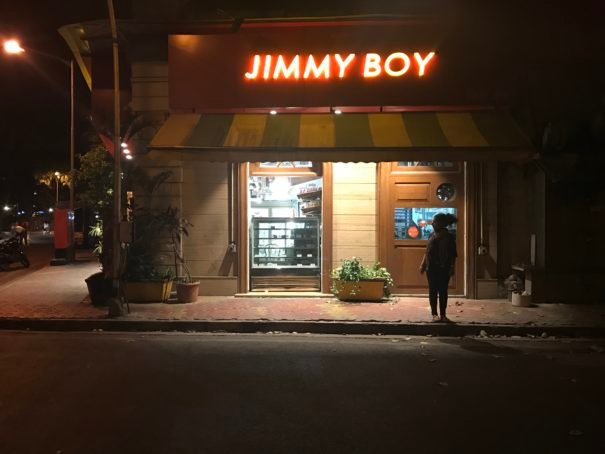
India’s Dying Breed of Raspberry Soda Purveyors

India’s Dying Breed of Raspberry Soda Purveyors
Raspberry soda in Bombay
“VS Naipaul once said that Bombay is a crowd…” I began to say, but G wasn’t listening to me. She was looking out of the taxi window to the sea and, farther away, to the Bombay skyline. It was the end of February and it was an unusually hot afternoon, and a breeze was lapping her face, throwing her wild afro-curls out of the window.
We were battling a heavy hangover and decided to visit a bookstore in Colaba, an old British quarter still wearing the badge of colonialism with pride. Just a week before we downed a couple of beers each at Alps, a cheap bar with long hanging lamps just across the road from the Taj Mahal Hotel. Later, under the shade of tall, leafy trees in the backyard of a 19th century library, we sat on a concrete bench and listened to two men debating Donald Trump and democracy. Blah, Blah, Blah. TRAMMPP, one of them said. G looked at me and frowned. We left, looking bored.
It was a Sunday and the bookstore was empty. We bought a few books. In the evening we walked to Horniman Circle Gardens, a large, leafy park surrounded by India’s premier banks, high-fashion luxury brands, and a few iconic cafes. But that evening there were also two or three police vans, curious onlookers and paparazzi marveling at a possible high society party at the classic Town Hall. The building is also home to the Asiatic Society of Bombay, where the original manuscript copy of Dante’s Divine Comedy is preserved. In 1930, Benito Mussolini offered the society a million pounds for the copy but the society bluntly refused. Mussolini was furious.
G said she strongly felt it was a Page 3 party and walked up to a cop to enquire. Bollywood and Dante under the same roof? Hah!
We left the scene and asked a man at the next turn for Jimmy Boy. Located at a quiet and breezy street, Jimmy Boy is an old Irani cafe founded in 1920, and then known as Cafe India. In 1999, the family changed the name to Jimmy Boy, keeping in mind the changing times, and put Madonna and the Spice Girls on its evening playlist. Jimmy Boy is one of only a handful of Irani cafes—the once-ubiquitous canteens set up by India’s Zoroastrian Irani immigrants—still operating in Bombay.
We sat at a marble-top table looking out on the street and marveled at the trademark bent wood chairs, high ceiling and a slightly tilting crystal chandelier. G loves Irani cafes. Outside, it was turning dark now, and we asked for two raspberry sodas. A quintessential Parsi beverage, it is fizzy and plays havoc with one’s sweet tooth. Bottled by the Pallonji company since 1885, today it is on the brink of extinction, thanks to a lack of demand and the gradual decline of the Parsi community. Some still call it the Rose of Persia.
“How do you like it?” I asked. But G wasn’t listening. She closed her eyes in excitement and drank through the straw, grooving her head in slow motion, and outside, on the empty street, night fell.